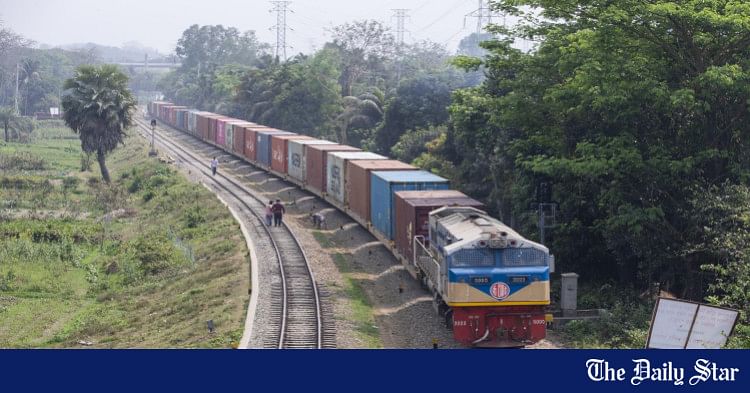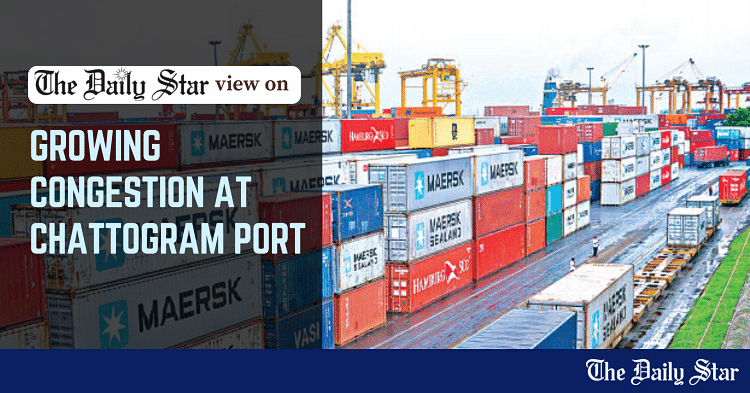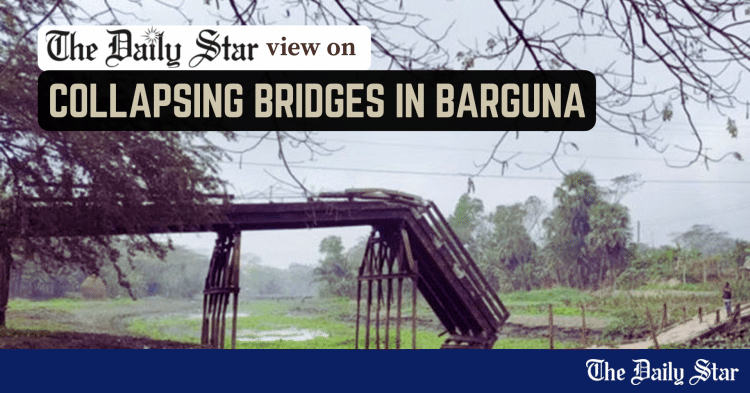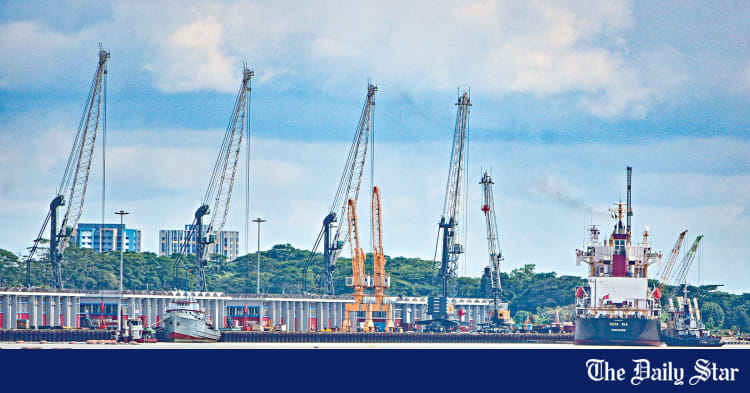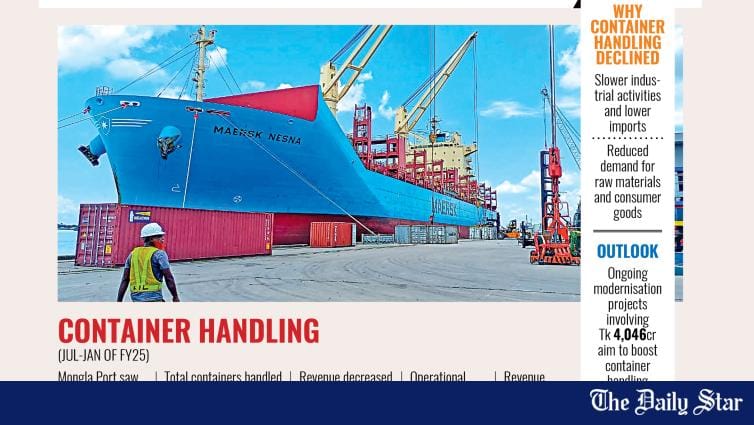Saif
Senior Member
- Joined
- Jan 24, 2024
- Messages
- 15,397
- Reaction score
- 7,874
- Nation

- Residence

- Axis Group

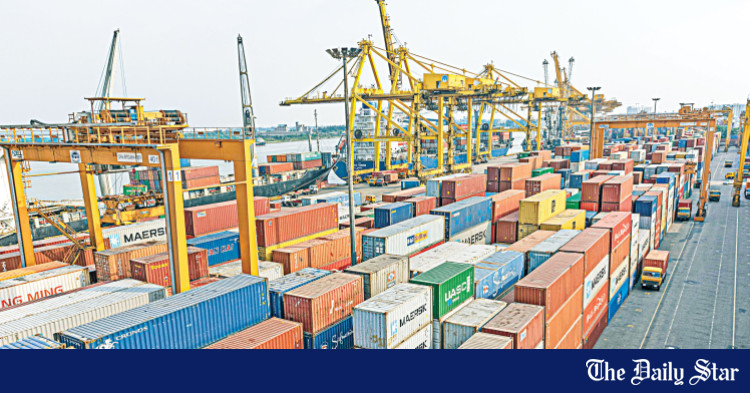
Ctg Port: Container transport resumes after 3 days
Container transport to and from the Chittagong Port resumed this evening after three days as prime movers’ drivers and helpers finally withdrew their work abstention
Ctg Port: Container transport resumes after 3 days

File photo
Container transport to and from the Chittagong Port resumed this evening after three days as prime movers' drivers and helpers finally withdrew their work abstention.
The drivers of container-ferrying vehicles resumed work at 8:00pm after a successful two-and-a-half-hour-long meeting with law enforcement agencies at the Office of Deputy Commissioner (Port) of the Chattogram Metropolitan Police, CMP DC Badrul Alam Molla confirmed to The Daily Star.
Prime mover workers enforced the work abstention on Tuesday night following a clash between a group of prime mover drivers and security guards of Chattogram DC Park located beside Chattogram Port Toll Road at Fouzderhat in Sitakunda upazila.
The following stalemate suspended container transport between the port and 21 private inland container depots (ICDs) located in and around the port city.
Two vessels sailed from the port today, leaving over 300 TEUs of export containers since these containers could not be sent to the port from different private ICDs due to the non-operation of container carrying vehicles.
Md Selim Khan, president of Chattogram District Prime Mover Trailer Workers Union, told The Daily Star that the administration assured of keeping the DC Park closed temporarily and taking steps to create an alternative route for visitors to reach the park so that they do not need using the Port Toll Road for going there.
Prime movers and other cargo carrying vehicles to and from the port face hurdles to cross the area due to acute gridlock caused everyday by visitors' vehicles as the park is located just beside the busy road, he said.
Tuesday's clash ensued when the park's security guards assaulted a driver of a prime mover for not slowing down promptly according to their signal when a private car was exiting the park.
The workers withdrew the strike at 6:00am on Thursday after a meeting between Chattogram Deputy Commissioner Farida Khanam held the previous night.
But drivers started striking again at 10:00am Thursday when they found the park was opened despite assurances from the administration of keeping it closed.
File photo
Container transport to and from the Chittagong Port resumed this evening after three days as prime movers' drivers and helpers finally withdrew their work abstention.
The drivers of container-ferrying vehicles resumed work at 8:00pm after a successful two-and-a-half-hour-long meeting with law enforcement agencies at the Office of Deputy Commissioner (Port) of the Chattogram Metropolitan Police, CMP DC Badrul Alam Molla confirmed to The Daily Star.
Prime mover workers enforced the work abstention on Tuesday night following a clash between a group of prime mover drivers and security guards of Chattogram DC Park located beside Chattogram Port Toll Road at Fouzderhat in Sitakunda upazila.
The following stalemate suspended container transport between the port and 21 private inland container depots (ICDs) located in and around the port city.
Two vessels sailed from the port today, leaving over 300 TEUs of export containers since these containers could not be sent to the port from different private ICDs due to the non-operation of container carrying vehicles.
Md Selim Khan, president of Chattogram District Prime Mover Trailer Workers Union, told The Daily Star that the administration assured of keeping the DC Park closed temporarily and taking steps to create an alternative route for visitors to reach the park so that they do not need using the Port Toll Road for going there.
Prime movers and other cargo carrying vehicles to and from the port face hurdles to cross the area due to acute gridlock caused everyday by visitors' vehicles as the park is located just beside the busy road, he said.
Tuesday's clash ensued when the park's security guards assaulted a driver of a prime mover for not slowing down promptly according to their signal when a private car was exiting the park.
The workers withdrew the strike at 6:00am on Thursday after a meeting between Chattogram Deputy Commissioner Farida Khanam held the previous night.
But drivers started striking again at 10:00am Thursday when they found the park was opened despite assurances from the administration of keeping it closed.




